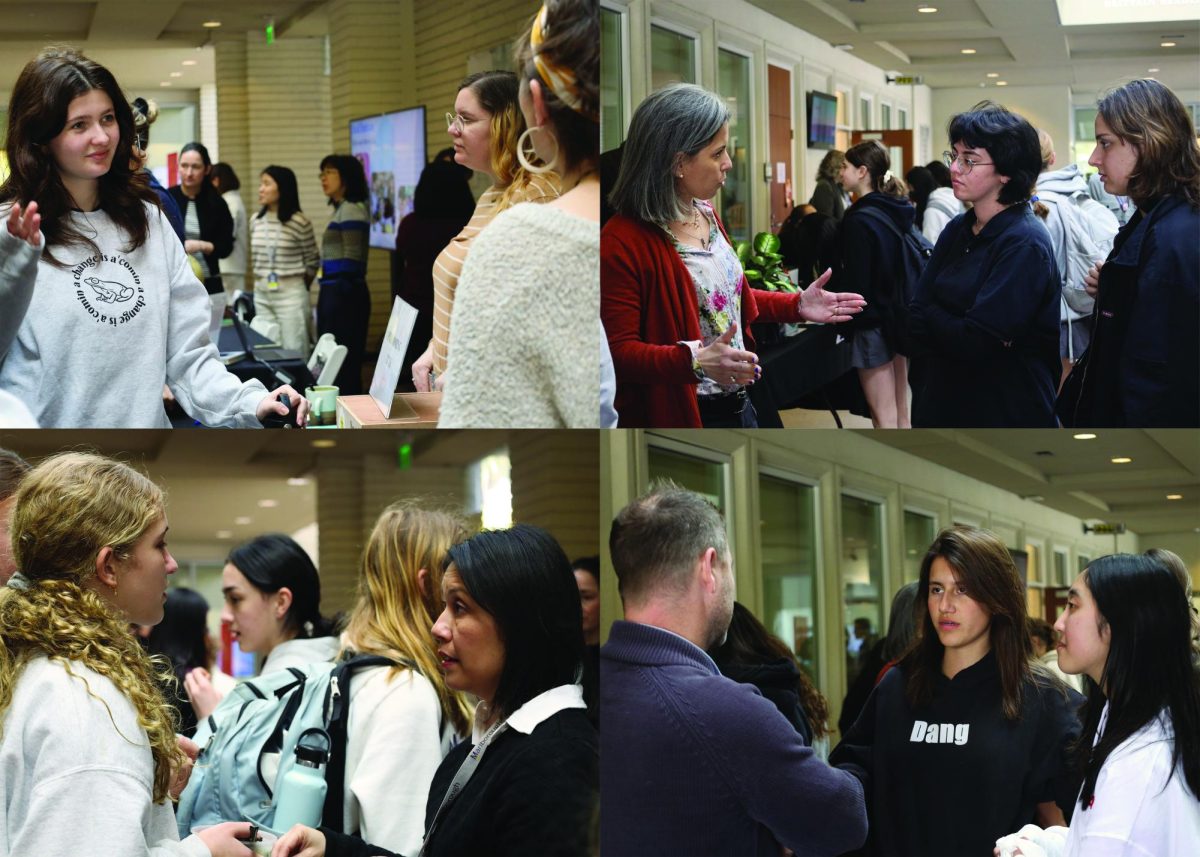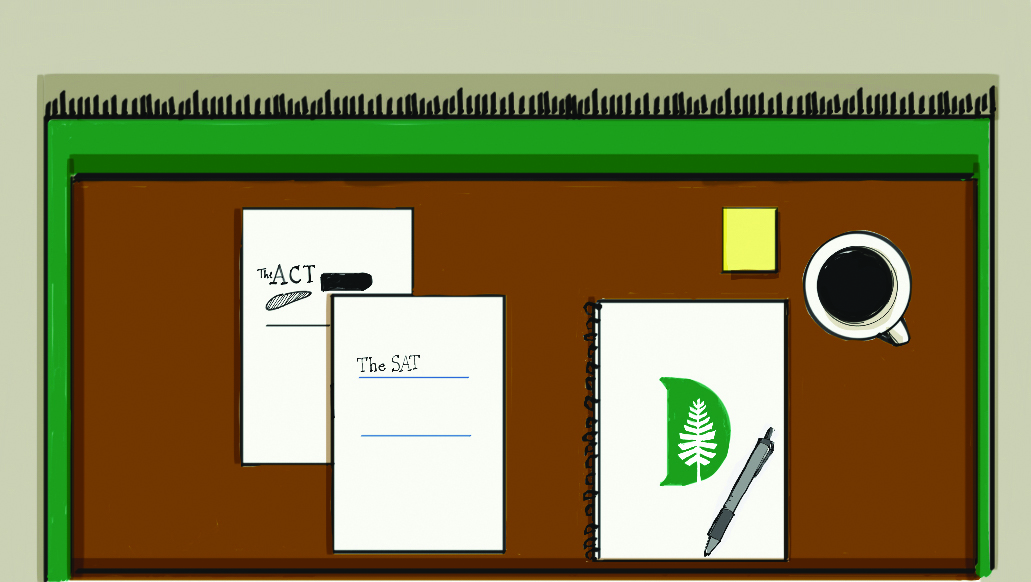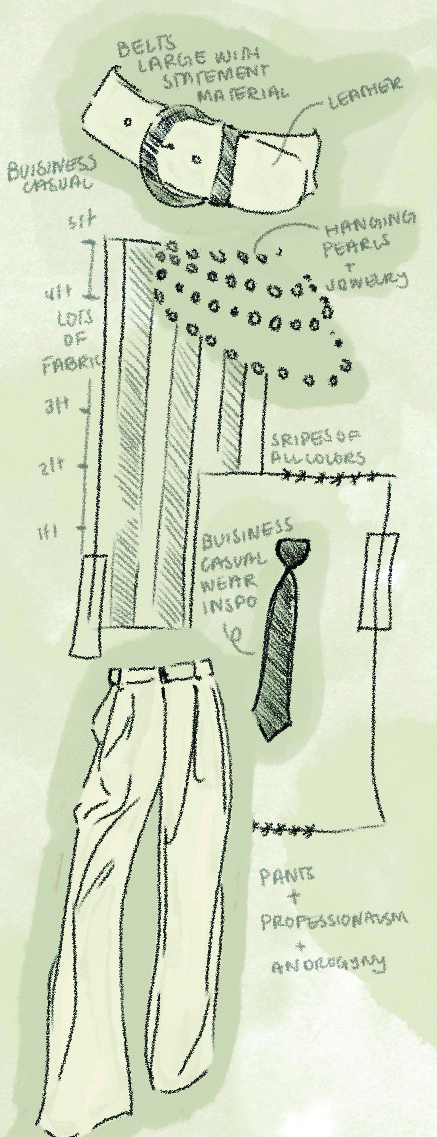
Humans are further above the food chain than any other animal in the world; that is unarguable. The beginnings of our civilizations were built around our ability to domesticate animals and farm our food. In the present, capitalism is the prevailing economic system, at least in the US and many other developed countries. Capitalism dictates that everyday we are inundated by advertising; politicians have donors from massive companies in their ears, and making less money means being much less likely to be a healthy and happy individual. Capitalism has also made food consumption complicated, both because of high food prices, and because of concerns about ethical consumption. Since capitalism is a system based on profit, industries will always choose the cheaper option. The free market is, in theory, beneficial for consumers because it means goods are more affordable, but it’s not so beneficial for the environment.
The way companies have decided to produce food is by clearing one third of all the cultivable land in the world. Then, companies plant a bunch of corn, soy, wheat or any other profitable crop. What is done next is a little strange, because while some of this food ends up in the pantries of consumers, 80% of it goes to feeding livestock. That is obviously a roundabout way of feeding people. It is easy to wave this away and say, “well as long as it brings prices of meat down, it’s a fine system.” And yes, the fact that more people are able to access food is a wonderful benefit of this system; rates of hunger have gone down since before food began to be mass produced in this way after all. However, let us view it from an environmental perspective as well. Soybeans take 3.16 mega-joules of energy per kilogram (MJ/kg) to produce. Now, that number doesn’t really mean a lot to me personally, but it’s kind of staggering when compared to meat production. Pork needs over 40 MJ/kg, and beef uses over 70 MJ/kg. Because the world does not primarily use sustainable energy (solar, wind, etc), most of the fuel being used to power meat production comes from fossil fuels. The more fossil fuels we use, the more carbon emission we produce.
It is clear that meat production uses a whole lot more energy than plant production. However, what we eat is obviously not just based on what is most economical. Humans don’t only eat food for energy; people also eat food because it is delicious, and it has cultural relevance, which is a valid way to consume because individuals do not have a massive impact. Individual people eating food for pleasure is not going to be what causes excess. Real change will come not by asking people to stop eating meat completely but asking instead for everyone to be more mindful of the animal products they are consuming. Eating less meat is a protest against the companies that are causing climate change. The last thing I would want is for someone to feel guilty while they are reading this, because what individuals are doing is not the real problem. The problem is with the corporations who are choosing to produce food in such inefficient ways where energy is concerned.
Rather than gathering in the streets with signs, it is a slight lifestyle change which this protest requires. If everyone who reads this goes home and decides to eat vegetarian one day a week or eat vegan for some meals, that could have a ripple effect. The point of this article is not to shame anyone, it is to show one small facet of how the food industry, the government and capitalism has failed you, the consumer. There needs to be larger systemic changes, but for now, eating less meat, voting, and participating politically is what individuals can do to help solve this issue.












